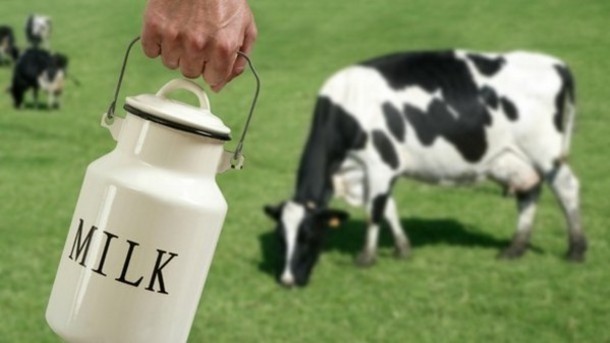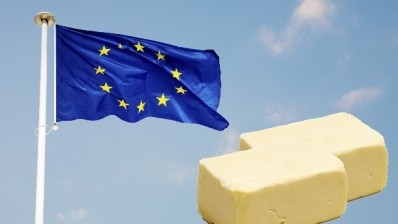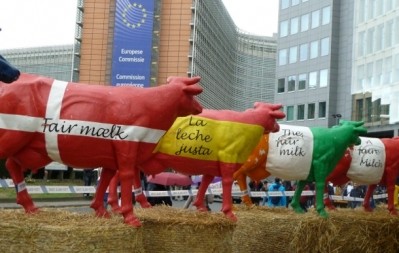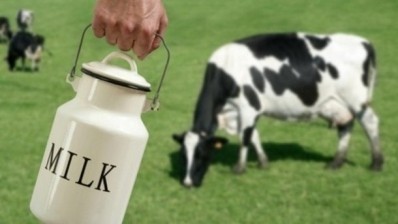EU milk quota abolition the 'closing of a chapter in the history' of dairy: EC

EU milk quotas, introduced in 1984 as a temporary measure to address the issue of over production, end today - the final day of the 2014/15 season.
Work to dismantle the system began in 2003, when EU Member States and the EC decided to only extend EU milk quotas to 2015.
Since then, measures, including a gradual increase in national quotas, have been implemented to ensure a "soft landing."
In a statement, Phil Hogan, EC Commissioner for Agriculture and Rural Development, welcomed the start of a "new era."
"The end of the era of milk quotas represents the closing of a chapter in the history of the European - and indeed global - dairy sector," said Hogan.
"It represents the opening of a new chapter - a new era without production constraints," he said.
He said last week that the milk quota abolition represents "both a challenge and an opportunity" for EU Member States.
Enhance competitiveness
Alexander Anton, secretary general, European Dairy Association (EDA) said the abolition will "naturally further enhance the competitiveness of the whole sector."
"For decades dairy companies have been in charge of managing the milk quota system at their level, including the levying of the superlevy payment," he said.
"It goes without saying that the end of the quota will lower the administrative burden at all levels."
Under the system, EU Member State were issued with two national quotas - one for milk deliveries to processors and the other for direct sales at farm level.
Member States that exceeded either quota were issued with a fine, called a superlevy, of €27.83 per 100kg.
In October 2014, farmers in Germany, the Netherlands, Poland, Denmark, Austria, Ireland, Iceland, Cyprus, and Luxembourg were order to pay a total of €409m in fines for exceeding their 2013/14 quotas.
Milk production across the 28 EU Member States is expected to increase just 1% in 2015, but rocket in the long-term.
By 2020 the US Dairy Export Council (USDEC) expects EU Member States to produce 15.4m tonnes (11%) more milk than in 2013.
In its report, 5 Data-Based Forecasts about the end of EU Milk Quotas, USDEC said more than 75% will come from just six Member States - Ireland, Denmark, France, Poland, Germany and the Netherlands.
Additional cheese, whole milk powder (WMP), skim milk powder (SMP) - the "vast majority" from these six Member States - will leave the EU, the USDEC report added.
"The research is clear that more dairy commodities from the EU will lead to increased competition between the major exporting countries, including the United States, New Zealand and EU member nations," it said.








